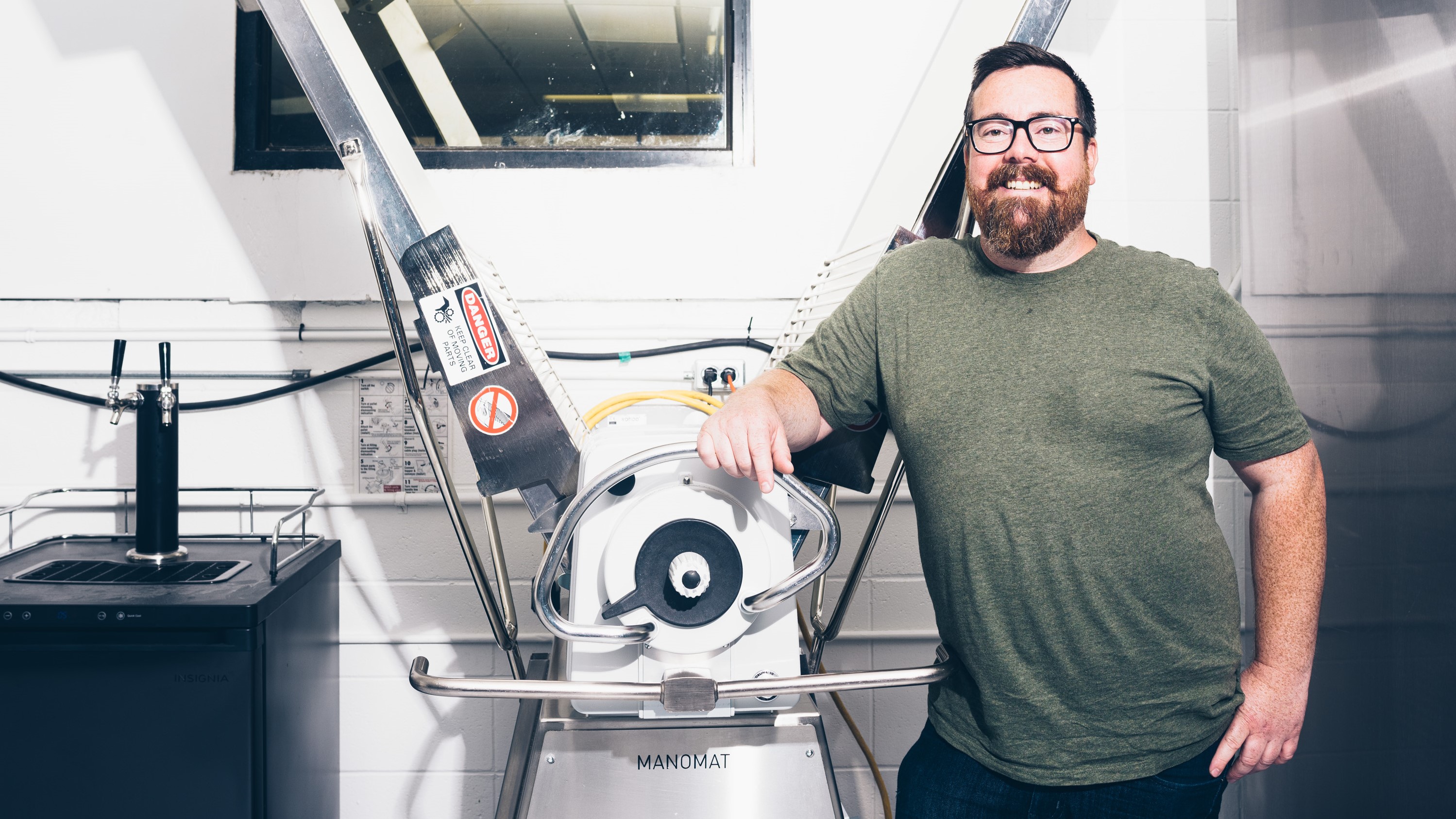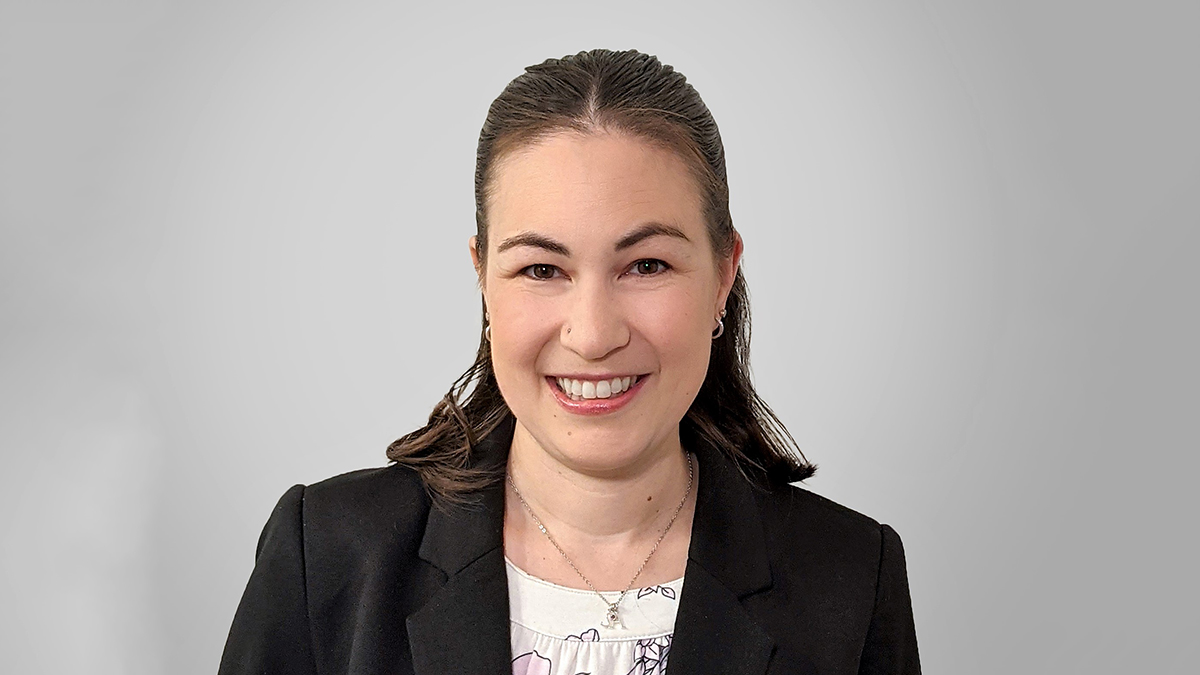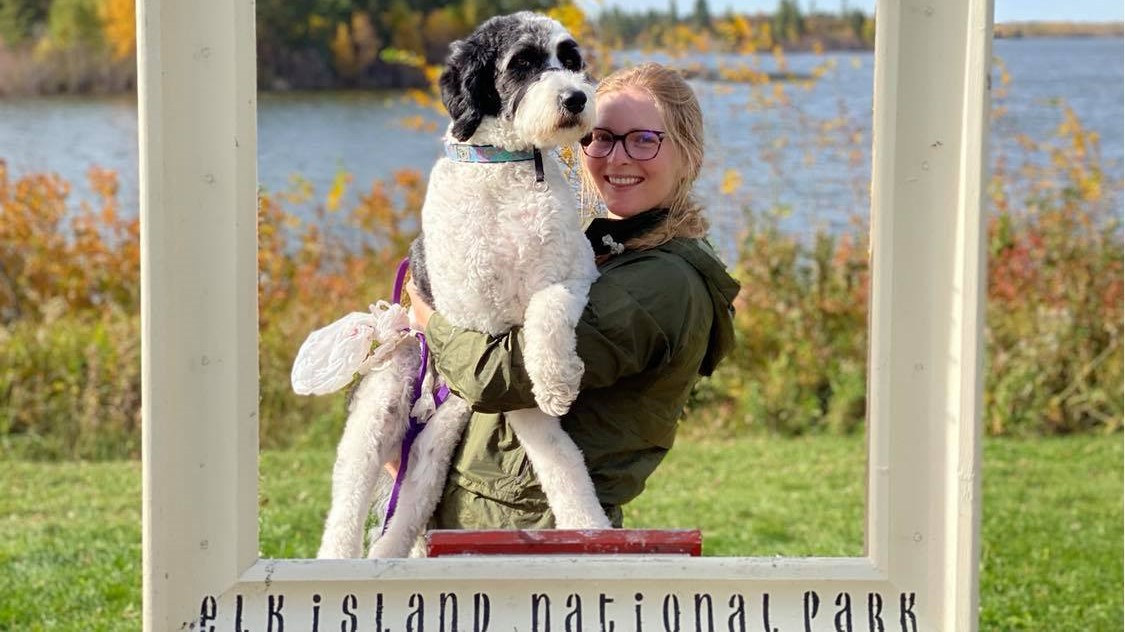Growing from failure
It can be a very isolating feeling to experience a setback or failure, yet it’s something that happens to all of us at one point or another in our professional lives. More often than not, they provide unparalleled learning opportunities, even though it can be difficult to see what those are in the moment. As we near spring convocation and our graduates prepare for summer internships and new positions, we reached out to some of our Alberta School of Business alumni for their own experiences of failure, and how they grew from them.
Here are some of their stories:

Chris Lerohl (‘12 MBA)
CEO, Uproot Food Collective
When Uproot Food Collective got the news in April 2020 that grocery stores were no longer accepting new products due to Covid-19, I was devastated. Under my leadership, the company’s singular focus was grocery; we had invested all our resources to have a sufficient facility, an HACCP food safety program and a marketing engine to support the growth and expansion of Honest Dumplings, South Island Pie Co. and Natural Kitchen Delights into grocery.
At that point in time, I wasn't sure Uproot Food Collective was going to survive as a company.
But as any other entrepreneur would do, we looked at how we could pivot our organization. My partners and I built and launched an e-commerce website in a 24-hour period; we saw immediate success and quickly validated the opportunity and business model. We quickly reached out to other local food vendors and expanded our offering and added new geography as quickly as we could. What started as a survival tactic quickly became the key revenue and growth driver for the organization. It was amazing how the pivot was able to change our fate; rather than sleeping with anxiety, I became restless every night with excitement in what we were building.
We now have over 70 local food brands and reach over 85 per cent of the Alberta population.
Throughout this past year, I learned the importance of diversification of revenue — you never know what will happen. No companies' business plan considered a global pandemic and how that would impact them. Further to this, I learned the importance of brand and owned channels as we were able to leverage Honest Dumplings, South Island Pie Co, and Natural Kitchen Delights to rapidly grow Uproot Food Collective!

Gretzie Parth (BCom '18)
Founder, GP Makeup Inc.
When I graduated from the Alberta School of Business, I already knew I didn’t want to pursue accounting professionally. People questioned my decision to forgo working at a big accounting firm in favour of working at my small beauty boutique, which I founded while still in school.
But after graduating, I didn’t know how I was going to transition my side-hustle into a full-time job. Up until that point, the retail side of my business was primarily online (I was also a professional make-up artist.). That was a major roadblock for me since the majority of my clientele were local and were reluctant to shop online. They wanted a different shopping experience.
I had a breakdown. I knew I needed a storefront but thought I was too small and not successful enough to take the next step. But I really believe in timing, fate and trusting the process. When I was doubting myself the most, I remembered that a retail location in St. Albert was available for aspiring entrepreneurs to sublease and test concepts in the market, and there happened to be a space available. That was a huge turning point for me.
I learned that — no matter who you are or what you do in your personal or professional life — to be successful, you have to have a passion and enjoy what you’re doing. That’s what’s going to keep you going. And with passion comes hustle and drive, because there’s nothing worse than being too comfortable. I had everything I wanted, but I think being comfortable doesn’t bring you enough drive and push to take the next step. I have a personality that always plays it safe; I didn’t want to make a mistake or start something I didn’t know how to get out of. I think that sometimes we need these moments of fear because it pushes you into the headspace to really deal with it.

Lindsay Marshall (‘05 BCom, ‘18 MBA)
Owner, famjamjams; marketing consultant, Metro Continuing Education, Edmonton Public Schools
Seeking a career change, I corresponded for months with an employer after researching their company and proactively reaching out to discuss opportunities. I was fortunate enough to be selected for a position and moved provinces to take on an exciting new role.
Only a few weeks in, things started going awry: the CEO resigned, it was announced the corporation was under review, and a third of the staff in the department I had just joined proactively left before any imminent layoffs were to take place.
I felt so foolish. Were there red flags that I missed? How many times would I have to tell people about my super brief out-of-province adventure when I inevitably came back to Edmonton? Would I be viewed as “that person,” who only stays at a job for a few months? For the first time in my career, I wanted to be laid off from a job as it somehow felt like I needed someone else’s permission to leave.
What I learned from that experience is that you need to take ownership of your career. It sounds straightforward, but if something isn’t working, it’s on you to be proactive. Reflect on what you can do to better a situation. Have open conversions with your leaders to find solutions. Alternatively, if things aren’t working, know when it’s time to move on and remind yourself that it’s ok to do so.

Kent Wong (‘87 BCom)
Highfield Law Office
After graduating from law school and changing firms a few times, I made the decision to start my own practice. It was a huge decision, not only because I’d be leaving the security of a regular, monthly paycheck and the prestige of climbing the corporate ladder of large law firms, I’d also be facing the uncertainty of running my own business.
The first months of being self-employed were alienating, isolating and lonely. There were days I second-guessed my decision. But I always came back to the reasons I left: the desire for a more positive work environment and the need for a better work-life balance. I wanted to play an active role in the upbringing and education of my children. For example, while still employed at a law firm, I was reprimanded instead of congratulated when I took one day off for the birth of my daughter, who was born five weeks early. I craved the balance between family and professional life.
I knew my chances of success were slim, but I was determined to succeed. I aggressively priced my services to gain recognition and market share and combined that pricing strategy with unparalleled service, while keeping a close reign on my overhead expenses. Within a short period of time, realtors began referring more and more work to me and developers and banks started to recognize and respect the name of my firm.
Close to 20 years later, I’m still in business with a team I treat like family and clients I view as friends. I balance work with family and have been ever-present in the lives of my kids — I have been president of the parent council, fundraised to build computer labs and playgrounds, and performed shows at their schools. I’ve never missed a single one of my kids’ concerts. I’ve also gone to extremes in my attempts to give back to my community and make a difference in the world..
Over the years, I’ve learned that your values will see you through difficult times. On the various rungs of the legal world, many see real estate law as the "bottom of the barrel". But you know what? When you do it right ... there's a lot of money at the bottom!
And over the course of the years, I’ve made new friends, gained new colleagues and, most importantly, did it all while actively raising a family.

Brea Elford (MA '17, BA '09)
Digital Communications Associate, Alberta School of Business
It was not long after completing my graduate degree that I started a contract communications position that — while wasn’t my passion — I was good at. I knew I was making a difference. In fact, my superior wanted to create a full-time position for me so I could continue working with the team once my contract expired.
I was told many times that the position was mine and that the job application process was a formality. But when the time came, the full-time position was ultimately given to someone else. Why wasn’t I good enough? What wasn’t I doing to be hired in a position I’d been working in for the last year and made into my own?
That experience taught me the value of standing up for myself and knowing my worth. As women, I think we tend to undersell ourselves and our skills. I worked hard, developed good relationships and went above and beyond. I knew I was more than qualified and eventually learned that it was nothing I did or didn’t do. You can’t please everyone all the time — it’s about doing the best you can with what you have and constantly learning.
Subscribe to UAlberta Business
Become part of our community. Get the latest news and event information from the Alberta School of Business in your inbox every month.